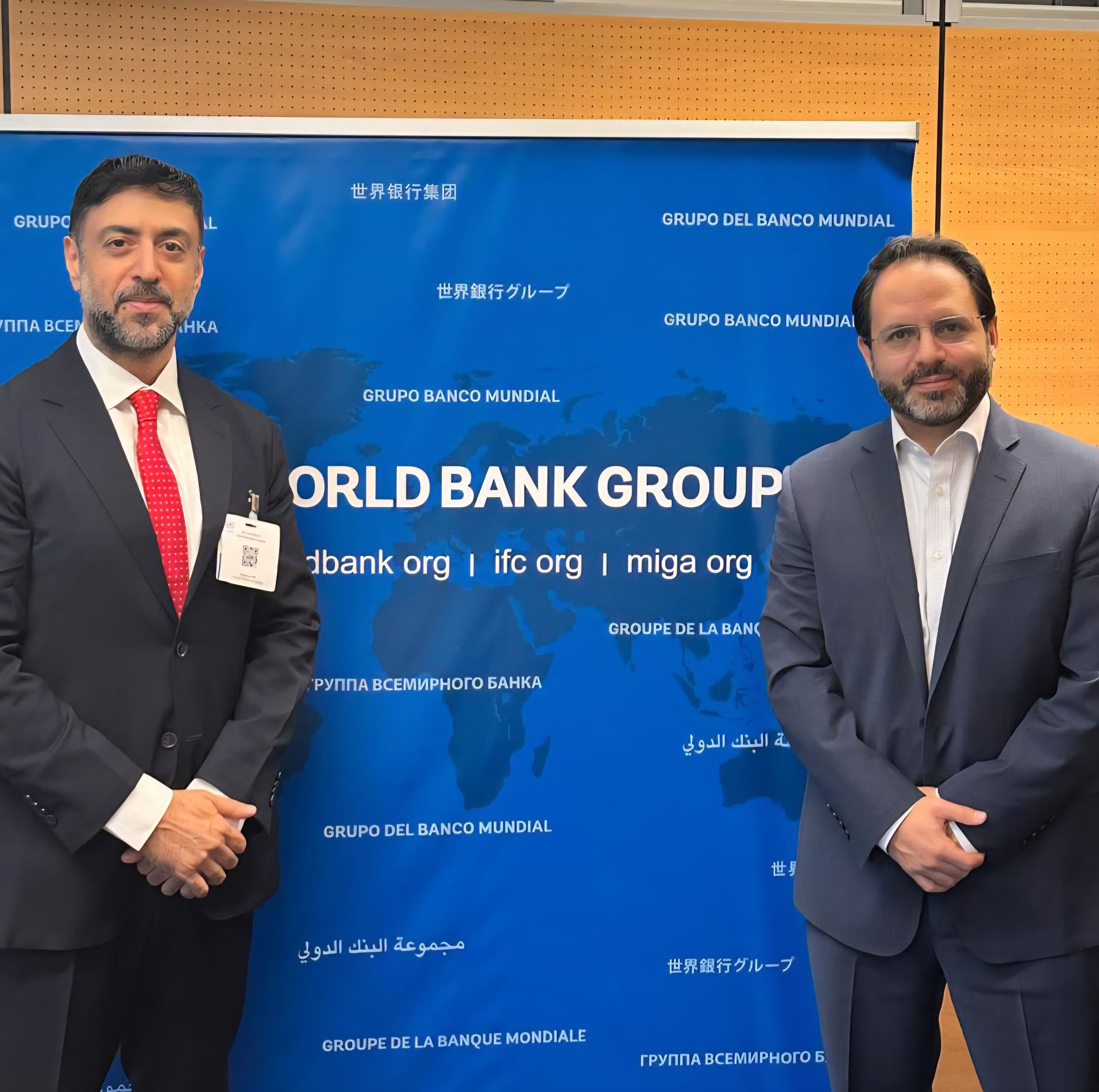Abu Dhabi
Source: mufakiru Alemarat
Prof Dr.. Ali Mohammed Al Khouri
If we consider the wars that have arisen between human groups throughout history; We find that it is based on the use of arms and force to obtain value, or economic power; any major sources such as water, agriculture, trade, etc.; We have seen that the expansion of empires was only for this purpose as well; The economy in its broad sense combines all the productive forces represented in the seven basic pillars: people, knowledge, land, natural resources, energy, money, and trade; This means that the economy cannot be isolated from wars, whether with their near or far objectives.
In wars and conflicts, the victor usually gains the advantage of having greater economic power, and the defeated is deprived of this advantage. It is noticeable that the military operation consumes a good amount of the economic capacity of the warring parties; If we extrapolate the history, which can be said that half of the events are military actions, we will find that the economic advantages achieved by the victor were steadily used in the continuation of military action; In order to maintain these advantages, or to expand and control new lands, which confirms that the economy was and still represents the fuel of human movement and a tool for its development; So it is an end in itself.
The methods of managing wars have developed throughout the ages, and some of their forms have tended to harm the opponent economically by attacking his economic capabilities directly to deprive him – partially or completely – of one or more of the seven pillars of the economy. also by economic means; This can be termed as “economic wars”.
Economic war is often waged to undermine the economic capabilities of the other side, and that is the ultimate goal of the war. Although some wars ostensibly aim at the political domination of one state and its subordination to the will of another; For that apparent goal is not final, but rather an intermediary; Because the ultimate goal is also economic by perpetuating the supremacy of one party over another, and depriving it of the means of strength and advancement; An example is the economic sanctions against Venezuela; Economic hegemony remains the most important motivator and driver of political and military pressures.
Some of the means of economic wars are represented in implementing or threatening to implement any of the following measures: trade embargo, trade boycott, sanctions, discrimination in customs tariffs, freezing of capital assets, stopping aid, banning investments and capital flows, and expropriating property; They are called declared economic wars.
As for undeclared economic wars, they may appear in a social and indirect way, such as: spreading rumors, espionage, recruiting agents and spoilers, tarnishing international reputation, inciting people to violence and resentment, and they are called modern hybrid wars.
Here it is necessary to mention the characteristics of the new economic wars, and the strategies of defense and steadfastness in their face:
1. The establishment of a major international coalition; Without it, boycotts or embargoes are ineffective, and the war prolongs or fails.
2. Finding an excuse or justification agreed upon in accordance with international norms and laws; Failure to provide an excuse or justification causes a difference in attitudes, and creates exits for the targeted countries.
3. The ability to bear the consequences; For the party that wages the war is often negatively affected by the consequences of the war, or by a backlash that affects all parties; This is what we saw in the Russo-Ukrainian war; The West sought to impose a ban on Russian products, which led to it itself being deprived of Russian gas.
4. Long breath and patience; If the export of a strategic commodity – such as natural gas – to a country is prohibited; Can that country buy a substitute good at a higher price? And how long will it last?
5. Possessing the ability to expand the war, whatever the consequences; This is if the party waging the war discovers cases of breach of its decisions, such as what happened with companies importing Chinese equipment; The United States of America included her in the blacklist.
We conclude from the foregoing that countries under the weight of economic wars must seek to break the rings of alliance against them, and find alternatives in the declared and undeclared markets. The most important element remains self-sufficiency in energy, water, food and medicine, and the presence of advanced manufacturing capabilities; What makes economic wars absurd and unable to achieve their goals.











